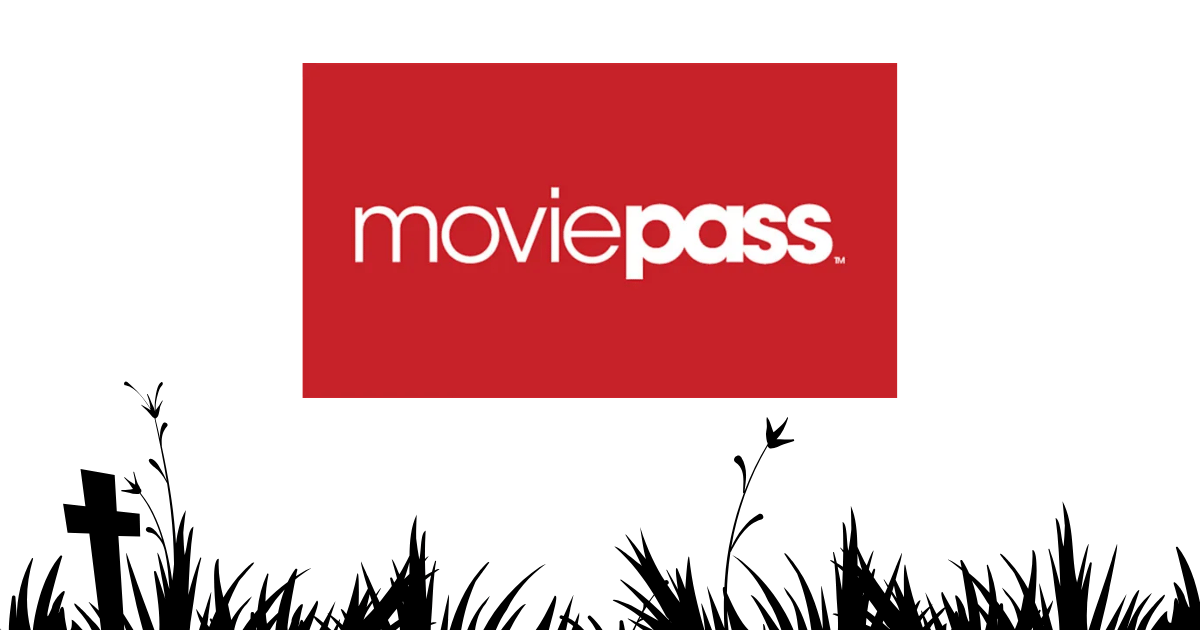
MoviePass, once hailed as the future of moviegoing, captivated millions with its revolutionary subscription model but ultimately collapsed due to unsustainable practices and strategic missteps. Below is a detailed exploration of the service’s journey, challenges, and legacy.
Founding and Early Days:
Launched in 2011, MoviePass offered subscribers access to one movie per day for a flat monthly fee, effectively functioning as an all-you-can-watch movie service.
Users reserved tickets via a mobile app and paid at theaters using a MoviePass-issued prepaid debit card.
Disruption Under Helios & Matheson:
In 2017, Helios & Matheson Analytics (HMNY) acquired a majority stake and slashed the subscription price to $9.95 per month. This aggressive pricing led to explosive growth, with subscriber numbers soaring from 20,000 to over 3 million in less than a year.
Challenges and Missteps
1. An Unsustainable Business Model
MoviePass reimbursed theaters for the full ticket price while charging users a fraction of the cost. Frequent users—those who watched more than one movie per month—created significant financial losses.
By early 2018, the company was bleeding $20 million per month and struggled to raise capital, prompting desperate policy changes to curb losses.
2. Constant Policy Shifts
To mitigate losses, MoviePass introduced:
Surge Pricing: Additional fees for popular movies.
Usage Caps: Subscribers were limited to three movies per month starting mid-2018.
Blackouts: Popular films, such as Mission Impossible: Fallout, were blocked from the service.
These abrupt changes alienated users and damaged the company’s credibility.
3. Fierce Competition
Theater chains like AMC, Regal, and Cinemark launched their own subscription services, offering more stable alternatives with better integration and benefits.
Unlike MoviePass, these services allowed theaters to retain control over ticket pricing and customer experience.
4. Operational and Financial Woes
Frequent outages left users unable to purchase tickets, creating widespread dissatisfaction.
HMNY’s poor financial health led to regulatory scrutiny, including lawsuits alleging misleading investors about MoviePass’s viability.
The Downfall
By late 2018, user dissatisfaction and competitor alternatives led to a dramatic subscriber decline, from over 3 million at its peak to just 225,000 active users by mid-2019.
In September 2019, MoviePass shut down, with parent company HMNY filing for Chapter 7 bankruptcy in January 2020.
Key Lessons from MoviePass’s Collapse
1. Sustainability Over Sensationalism
While low prices attract users, they must align with a company’s ability to sustain operations. MoviePass’s aggressive pricing strategy lacked a path to profitability.
2. Customer Trust Is Crucial
Frequent policy changes, service outages, and unpopular decisions alienated loyal customers and tarnished the brand.
3. Competition Requires Differentiation
MoviePass underestimated the strength of theater chains, which quickly adapted by offering their own subscription plans with better integration and benefits.
4. Build Before You Scale
Explosive growth without a clear financial or operational foundation can accelerate failure rather than success.
Legacy and Influence
Despite its failure, MoviePass changed the way the entertainment industry viewed subscription services:
Proven Demand: MoviePass demonstrated that consumers were willing to pay for movie subscription plans, paving the way for competitors like AMC Stubs A-List, Regal Unlimited, and Cinemark Movie Club.
Revival Efforts: In 2023, the company re-emerged with a revamped model, focusing on financial sustainability and better user experiences.
MoviePass Scorecard
Dimension | Score | Reasoning |
|---|---|---|
Product-Market Fit | 4/5 | Strong demand, but financial unsustainability hurt its potential. |
USP | 4/5 | Revolutionary concept, but the pricing model was inherently flawed. |
Timing | 5/5 | Perfectly aligned with consumer trends and market conditions. |
Founder Fit | 3/5 | Visionary leadership marred by operational and strategic mismanagement. |
Team (Execution) | 2/5 | Poor execution and customer relations undermined its ability to sustain growth. |
Conclusion
MoviePass was a visionary service that captured the imagination of moviegoers and reshaped the theater industry. However, its unsustainable business model and mismanagement turned it into a cautionary tale. Its legacy lives on in the success of movie subscription plans launched by major theater chains, proving that the idea was ahead of its time—but its execution fell far short.
Let MoviePass stand as a lesson for you as a founder, showcasing the challenges of startups and emphasizing the importance of vigilance, strategy, and resilience in building successful ventures.
Writing these takes a lot of effort, and I truly appreciate your support through sharing them on your social channels.
Cheers,
Ram

Feel free to follow me on BlueSky
